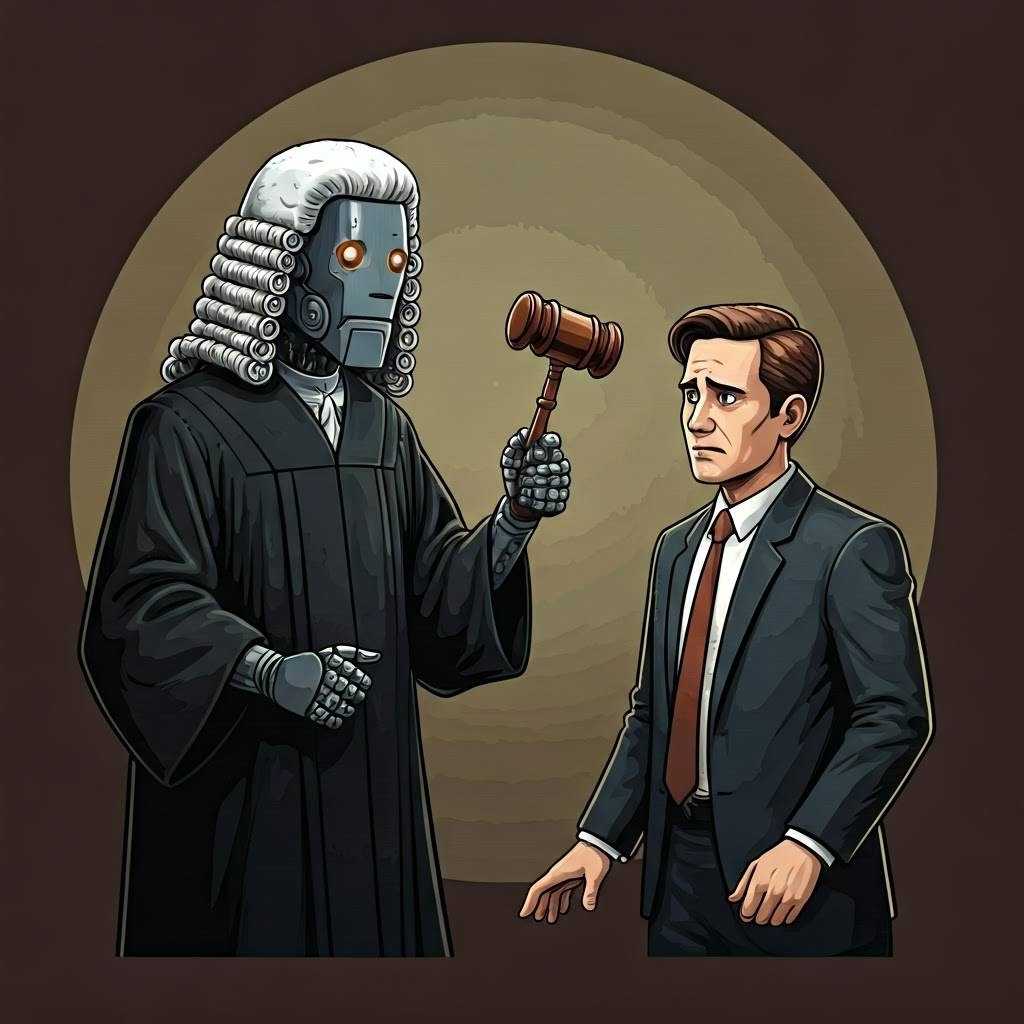The Algorithm and I: Are We Doomed to a World of Single-Minded Thinking?
Legal experts at the XII International Congress on Teaching Law expressed concerns about AI's impact on jurisprudence. They fear algorithmic echo chambers, erosion of truth, and students outsourcing critical thinking to machines.

Look, I’m not saying Skynet is about to subpoena your grandma. But if the esteemed academics gathered at the XII International Congress on Teaching Law and Methodology of Legal Research are any indication, we’re officially in the “existential dread” phase of the AI revolution, specifically as it pertains to the hallowed halls of jurisprudence. It’s not just about robots replacing paralegals (though, let’s be real, that’s probably happening too). It’s about something far more insidious: the potential erosion of truth, the insidious creep of algorithmic echo chambers, and the very real possibility that our future lawyers will outsource their brains to a silicon overlord.
As Mónica González Contró, director of the Institute of Legal Research (IIJ) of UNAM, so eloquently put it, we’re living in a world already rife with “polarization, war, populism and single-minded thinking.” And now, just when we thought human rights had finally gotten their “letter of naturalization” (a phrase so beautifully bureaucratic it deserves its own legal precedent), along comes AI to potentially throw the whole system into disarray. It’s like we’re finally starting to understand the complexities of international law, only to discover someone’s plugged a supercomputer into the global power grid and now everyone’s arguing about whether a bot can be held liable for war crimes.




